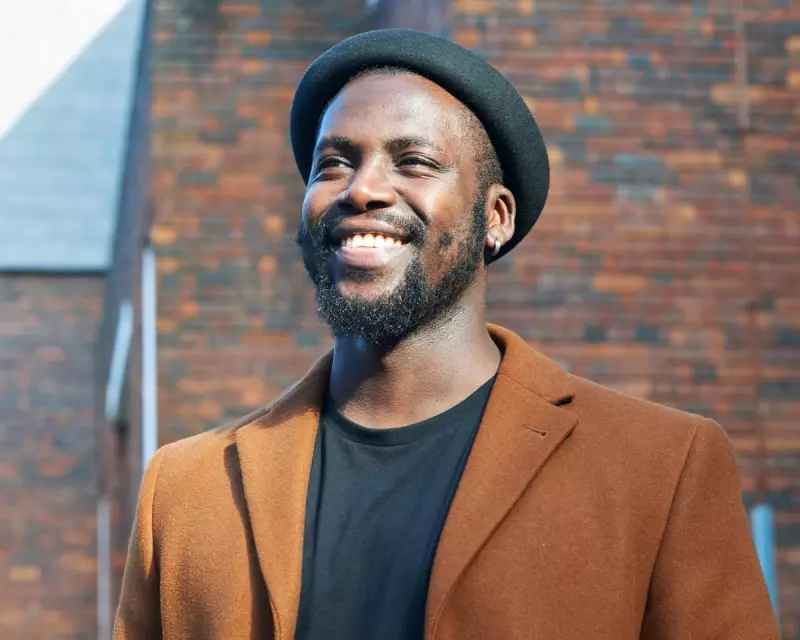
Acclaimed Author Returns to Mental Health Theme
Derek Owusu, the award-winning British author, has returned to the literary scene with his compelling new novel Borderline Fiction, published by Canongate at £18.99. Following his Desmond Elliott Prize-winning debut That Reminds Me, Owusu continues his exploration of borderline personality disorder (BPD), drawing from his personal experiences with the condition.
Dual Narrative Structure Reveals Character Development
The novel employs an innovative structure, alternating between chapters titled Twenty-Five and Nineteen that follow protagonist Marcus at these pivotal ages. At 25, Marcus is an English literature student of Ghanaian heritage who meets the striking San at a speed dating event. Meanwhile, the 19-year-old Marcus works as a personal trainer, navigating relationships from his parents' home in Edmonton and his cousins' in Tottenham.
Owusu masterfully contrasts these two periods in Marcus's life, showing his evolution from a cocaine-using club enthusiast to a more self-aware, medicated young man pursuing writing ambitions. The language shifts accordingly, with Multicultural London English capturing his younger voice and more metaphysical language reflecting his older, more introspective self.
Mental Health Representation and Cultural Context
While the novel's title explicitly references borderline personality disorder, Owusu never names the condition within the narrative itself. Instead, he shows Marcus struggling with the characteristic symptoms: emotional volatility, fear of abandonment, self-destructive impulses, and unstable relationships. His relationship with Adwoa particularly demonstrates these challenges, swinging between idealisation and sudden irritability.
The novel delves into Marcus's Ghanaian heritage and his complex family dynamics, including a heavy-drinking father and a mother who comes and goes. When Adwoa's pregnancy forces Marcus to confront the prospect of fatherhood, his fear of repeating his own father's patterns becomes overwhelming.
In the final pages, 25-year-old Marcus begins to find potential healing through San, who introduces him to Pan-Africanism and the possibility of shifting focus from self to collective. Owusu handles this potential turning point with remarkable skill and nuance, leaving readers contemplating whether this relationship can truly help Marcus escape the prison of his mind.
Though occasionally frustrating in its character study approach, Borderline Fiction stands as a brave and unsettling contribution to mental health literature that lingers in the memory long after reading.






